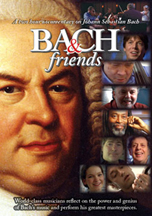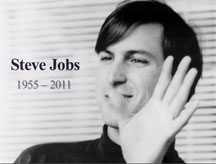Bach Project - Charles J. Limb, M.D.
Charles J. Limb, M.D. MRI brain/music researcher
with John Bayless
John Bayless improvises on Bach in Dr. Charles J. Limb's fMRI
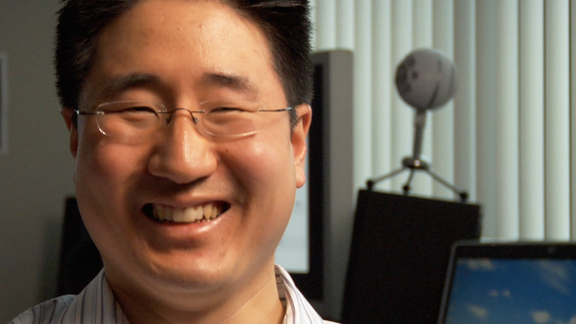
Just a few months ago I was on the road with my dad.
He gives me this newspaper, USA Today,
and it said scientist has developed brain scan for improvisation.
And I never envisioned that I would end up on that table
in Dr. Limb’s fMRI study. (John Bayless)
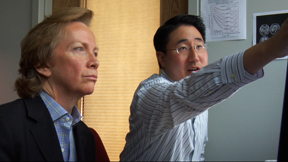

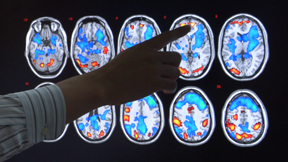
Now this portion of the brain during improvisation
shows areas that are kind of cool spots as opposed to this hot spot
and those cool spots are areas that are going down in activity,
that are basically kind of turning off. (Dr. Charles Limb)
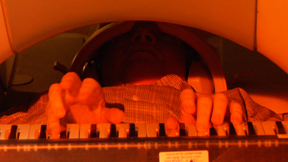

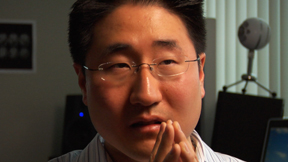
Okay, John. Now we’re gonna record you improvising.
We’re gonna be recording all of the notes that are coming out of your keyboard
and we want you to basically play whatever improvisation you like on that Bach melody.
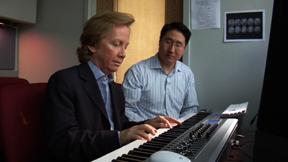

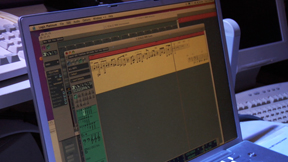
What we’re seeing here is the neural underpinnings of
what is sort of a magical musical process.
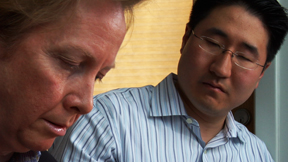

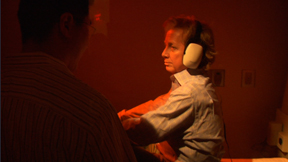
Now if we look at this brain scan here,
this shows us differences that take place during improvisation
in comparison to memorized or pre-learned music.
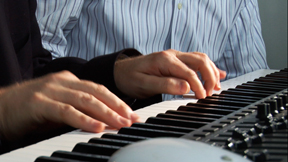

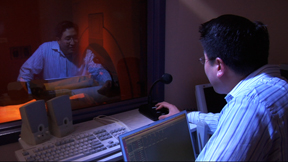
If you look at the combination of things in the pre-frontal cortex,
we found that the area responsible for self-expression went up,
whereas those areas that inhibit out-flow went down.
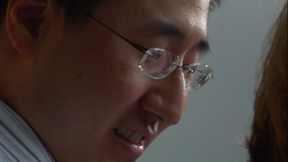

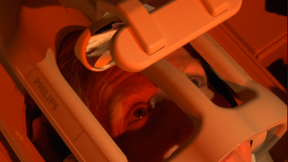
So, in a way, you were turning off the sensor
and trying to promote the novel flow of new ideas.
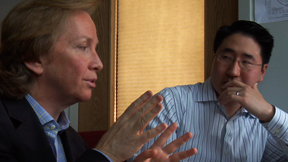

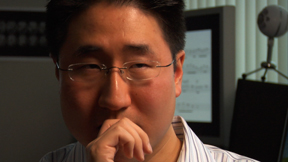
You know, in some ways, this whole dis-inhibition
that we’re seeing in lateral areas actually has to do with letting go.
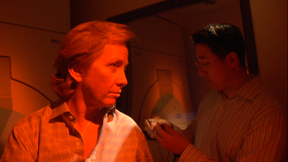

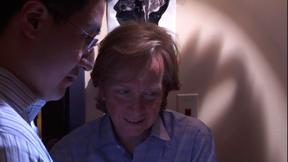
I think really shutting down everything that kind of keeps you
in the here and now, in the present tense, and takes you
to some other altered state of consciousness.
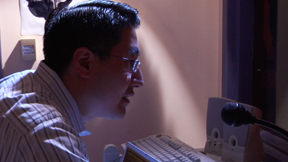

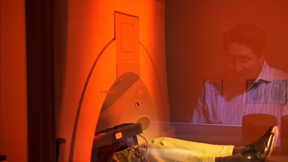
Whether it’s sort of a transcendent musical experience you had in the past
that is so deeply internalized that you can kind of get there again mentally.
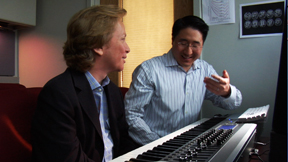

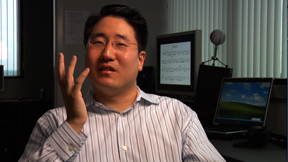
In Bach’s day, when he was at the keyboard improvising,
he probably entered a very similar, very analogous neural state of activity
where his front of the brain regions were highly active
and his filtering mechanisms were off.
I really, truly think that that likely took place.


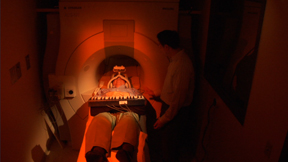
I always really gravitated towards music and I took piano lessons.
That was my first sort of formal instrument.
I always remember a time when I was learning music.
As a child learning piano with a Suzuki method,
which is what I learned, Bach and music are the same at that level.
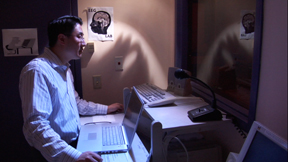

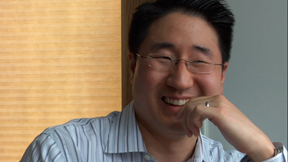
It’s become very remarkable to me
that I have been able to take musical questions
and medical questions and really try to merge the two
and use what I’ve learned in a creative way
to try to solve problems pertaining to what I view as
the greatest mystery and that’s music
and how the brain accomplishes music.
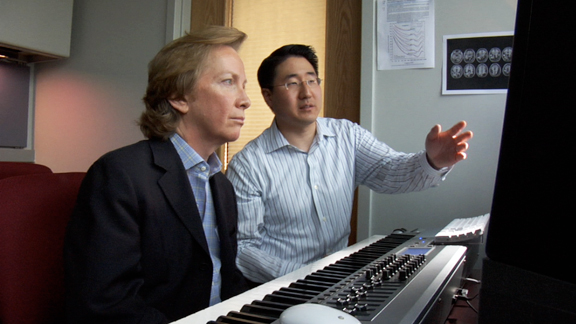
Johns Hopkins Medicine Press Release

